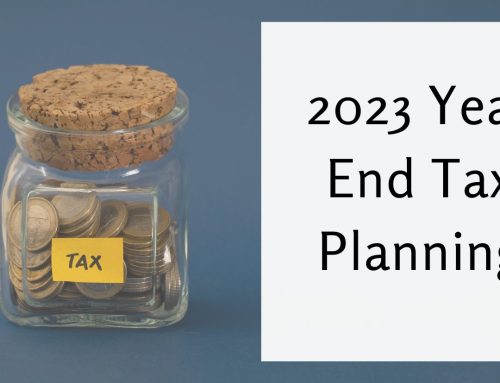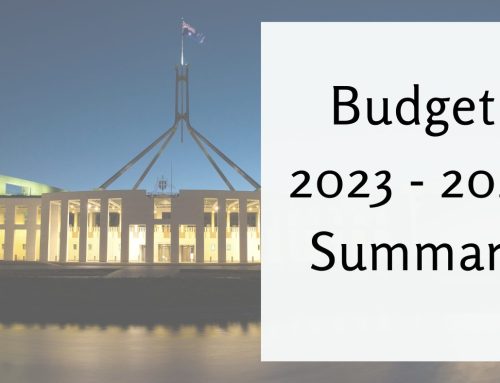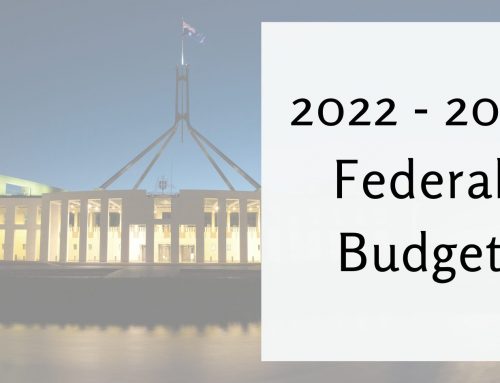With all the rhetoric from the current Government about easing the cost of living expenses during and after the last election and how they have to manage an out of control budget deficit and an irresponsible level of Government debt, the first Budget of Jim Chalmers was a non-event. We learn from the Budget that the Government debt will rise over the next four years, that the Budget deficit will fall and there is virtually no support to ease cost of living expenses unless you have a young family in need of child care or you spend a lot of money on pharmaceutical products.
We have been writing Budget summaries for well over 15 years and this will be the shortest summary we have ever prepared. The following is a summary of the main points from the Budget that we consider to be noteworthy:
Superannuation
- Downsizer eligibility age will be reduced to the age of 55. This means that anyone who has owned their main residence for more than 10 years and who is 55 years or over will be able to make a contribution to their superannuation fund of $300,000. While mentioned in the Budget the legislation to put this change through was introduced into Parliament on the 3 August this year. While mentioned again in the Budget papers, it is not actually a Budget initiative. The effective date will be the first day of the quarter following the provisions being passed through Parliament and receiving Royal Assent.
- The previous Coalition Government announced that they would replace the annual audit requirement with a requirement to have a Self-Managed Superannuation Fund audited every 3 years for Funds that had a good history of compliance and record keeping. Despite the fact that this would have been good for SMSFs in reducing costs the current ALP Government, in their infinite wisdom, has chosen to scrap this proposal.
- Residency rules relating to SMSFs (and Small APRA Funds) which were to extend the central management and control test safe harbour rules from two to five years and also remove the active member test have been deferred. The new rules were to commence on 1 July 2022 but this has now been pushed out to a date when the relevant legislation receives Royal Assent.
- The Government gave no indication on whether they would allow an amnesty period for pensioners to exit certain legacy pensions (such as market linked pensions, life-time expectancy pensions and life-time pensions). This was a proposal by the previous Government that would be extremely useful for a number of self-funded retirees. It is now a wait and see game as to whether the current Government will give this amnesty.
- The current Superannuation Guarantee Charge (SGC) rate for 2022/23 tax year is 10.50%. The Government will not interfere with the planned increases from the current rate of 10.50% to 12.00% by 1 July 2025.
| 2000/23 | 10.5% |
| 2023/24 | 11.00% |
| 2024/25 | 11.50% |
| 2025/26 & beyond | 12.00% |
Individuals
- The Stage 3 tax cuts proposed by the previous Coalition Government will, at this stage, proceed as planned. This will mean that from 1 July 2024 the tax rates and tax brackets will be as follows:
| $0 to $18,200 | 0% | $Nil |
| $18,201 to $45,000 | 19% | $Nil + 19% |
| 45,001 to $200,000 | 30% | $5,092 + 30% |
| $200,001 + | 45% | $51,592 + 45% |
- A positive for seniors is that the eligibility income thresholds to receive a Commonwealth Seniors Health Card will increase. Again, this is not actually a Budget measure but was included in the Budget paper. The legislation for the change is currently before Parliament (introduced on the 27 July 2022) and the increases will take affect 7 days after the legislation receives Royal Assent. The new income thresholds will be:
| Singles | $90,000 | Up from $61,284 |
| Couples living together | $144,000 | Up from $98,054 |
| Couples separated by illness | $180,000 | Up from $122,568 |
Business
- The previous Coalition Government had planned to allow taxpayers to self assess the effective life of intangible depreciating assets. The Budget included a statement that the ALP Government will not proceed with this measure which means that the relevant intangible assets may only be depreciated in accordance with the prescribed rates.
- The Thin Capitalisation rules which place a restriction on the deductibility of foreign held debt will be amended. The current rules that are based on a balance sheet approach will now be based on earnings test. The deductibility of interest (i.e. debt related deductions) will be limited to 30% of profits using an EBITDA based measure of profit. EBITDA refers to “Earnings Before Interest, Tax, Depreciation and Allowances”. Any interest deduction denied as a result of applying these rules will be able to be carried forward to future years for up to 15 years. It is proposed that these changes will take affect from 1 July 2023.
- No Fringe Benefits Tax on electric vehicles acquired after 1 July 2022 that have a value less than the luxury car tax threshold (currently $84,916 for fuel efficient cars) . Whilst not a Budget specific announcement, it was again referred to in the Budget.
Other
- Another change that the Government is looking to introduce is to align the tax treatment of off-market share buy-backs undertaken by publicly listed companies with the tax treatment afforded to on-market share buy-backs. In the past the off-market share buy-backs have allowed listed companies to undertake capital management programmes that enable them to buy shares back at a discount to their market value (typically a 14% discount) and use the tax system (in particular, franking credits) to more than make up for the discount selling price. This has been a very good source of additional income for SMSFs and now looks like it will end.
All in all the Budget was extremely disappointing. As we wrote in our previous Budget Summary, there was a real opportunity to finally abolish Fringe Benefits Tax. It is a tax that generates only marginally more than 1% of Government revenue and the cost to business is enormous. With the hospitality and entertainment/leisure sector still recovering from two years of COVID there was a real opportunity to abolish FBT and encourage businesses to support these sectors and help them recover and generate more jobs (especially when they are now forecasting that unemployment rates will rise and the economy will slow down).
If you would like to discuss how the 2022 – 2023 Federal Budget may impact you please contact our office.





